I have an experiment in which the signal I want to measure is a 1 ns pulse that occurs somewhere around 0-100 ns after a trigger. I want to digitize the pulses to extract the time they occurred and the amplitude. The problem is the amplitude of the pulse also falls off exponentially with time (along with other effects we are measuring). I can compensate for the exponential decay in processing to extract the 'true' amplitude, but I have a dynamic range issue with the ADC/digitizer. If I turn up the analog gain enough for the digitizer to measure the smallest pulse, then a pulse occurring closer to the trigger saturates. Conversely, if I tune the gain so an earlier pulse is just right, later pulses are so small they barely (or don't) fit within the bit depth of the digitizer. We could tolerate some distortion, etc. especially if it's consistent enough to calibrate out and still get an estimate on relative amplitudes and timings. Signal consists of 1 ns pulses, around 1 uV - 1 V amplitude, driving a 50 Ohm load.
Question: Is there a low noise, high speed way I can alter the signal to better fit the range of pulse amplitudes to the digitizer's dynamic range? (Preferably using off the shelf components)
Research:
I can think of a couple ways to solve this... in principle. Finding products that will work is a little trickier since I lack experience dealing with RF components and am unsure how to understand some of the data sheets.
Idea #1: Undo the decay by multiplying the signal by a compensating exponential ramp function.
Generating the ramp should be doable with a fast enough arbitrary waveform generator. It doesn't have to be perfect. However, how do I multiply the signals at this bandwidth (I estimate sig1: 1-350MHz, sig2(ramp): 1-50Mhz, out: 1-350MHz). Would a normal RF mixer work? My understanding is that they basically act like multipliers - at least with single frequency inputs, but I don't know what's happening to the phase, so I don't know how they'd respond to a wide bandwidth (short time) pulse. Maybe something like this Minicircuits ZAD-1-1? Or a variable gain amplifier with the ramp signal on the gain? I don't know how fast the gain responds and can't find it on the datasheet.
Idea 2: Use a non-linear amplifier - such as a log amp - to 'compress' the dynamic range. I think this would be the better/simpler solution if possible, especially since I don't always know the exact nature of the exponential decay for tuning a compensating function.
My problem here is I'm not sure if any commercial products will work. Most 'log amps' seem to be giving the log of the envelope of an RF pulse. Since I have just a single 1 ns pulse the envelope and the signal are the same in theory, so maybe that would work? The fastest I've found is the AD641 which claims a bandwidth of 250MHz. That might be ok - I'd lose some signal energy (and therefor SNR), and the output pulses would be a little wider and shorter - but not so much that we couldn't still get a good estimate on amplitude and time. Also, I can't find an evaluator kit or ready-made circuit for anything like that, so it'd be a little trickier to implement.
Other ways to approach this?



